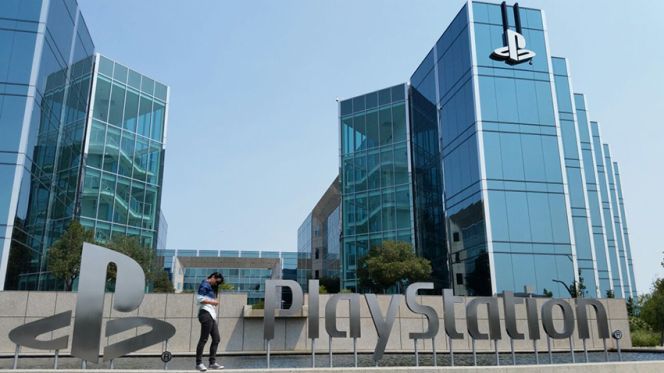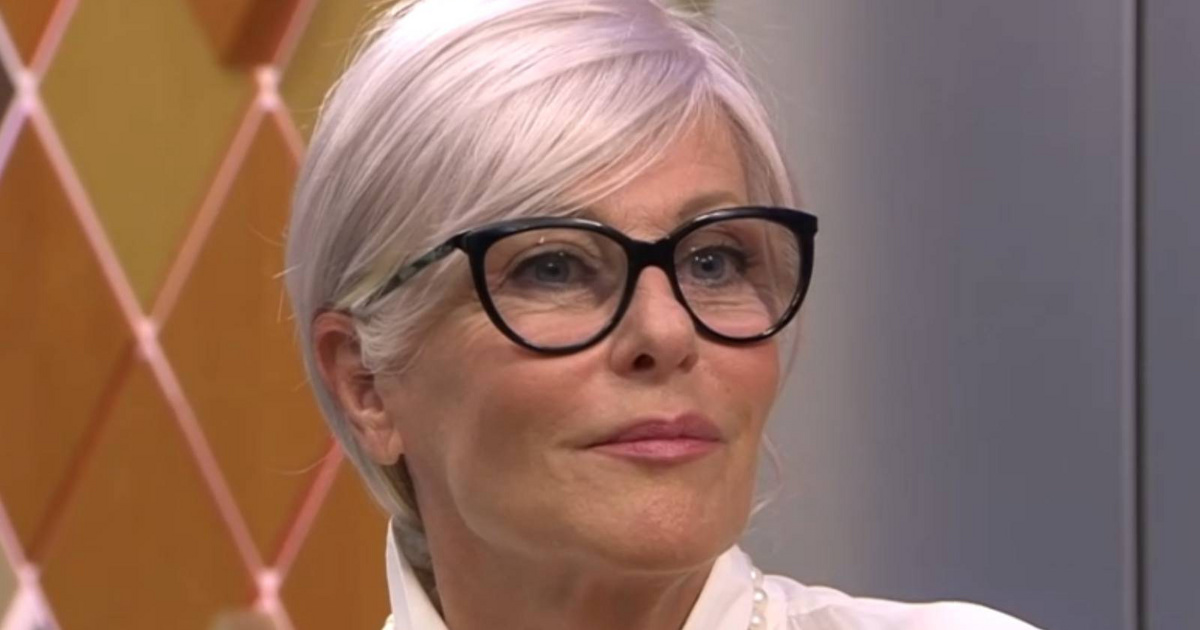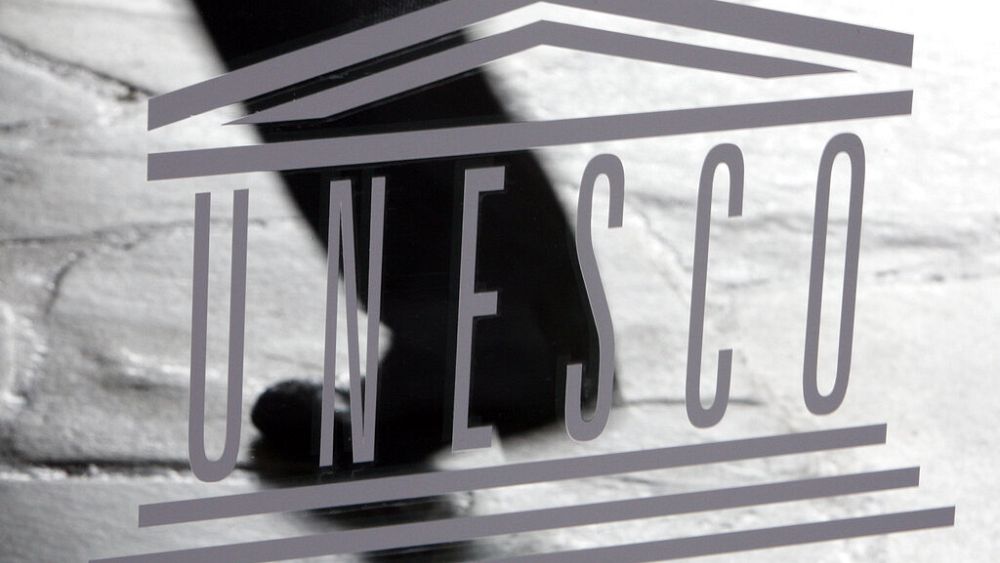China, artificial intelligence and power plays are among the reasons that prompted the United States to decide to return to UNESCO five years after it officially withdrew from it.
A two-day summit was held in Paris to discuss Washington’s future at the United Nations Educational, Scientific and Cultural Organization, leading to a vote where a majority was necessary for implementation.
The result was that the vast majority of countries supported the return. The resolution was adopted by a majority of 132 yes votes, 15 abstentions and 10 no votes. Unsurprisingly, Russia and China were among the countries that voted against the United States’ return to UNESCO.
The Americans are willing to do anything to get back: they still owe $619 million in membership fees (no small number at all, given UNESCO’s annual budget is estimated at $534 million) for the 2011/2018 period. The US Congress had previously approved a draft law at the end of 2022, detailing repayment – in annual installments amounting to about $150 million – until the debt is paid.
Washington’s concerns about China
Here the question arises: The desire to finance and disseminate culture, science and information cannot be behind this. We asked Scott Lucas, Emeritus Professor of American Politics at the University of Birmingham. “I think the Biden administration realizes that if it is not a member of UNESCO, it will cede leadership or at least primary status to China. As we know, China is a concern for the Biden administration. I also think the Biden administration is telling itself that multilateralism is good for the United States, and it has not The United States aspires or can aspire to become a unipolar power.
The place vacated by Washington in 2018 was practically filled by Beijing, the organization’s main funder so far. The Americans fear that the dragon will influence UNESCO’s policy-making process, especially in setting standards for artificial intelligence and technology education around the world. When it comes to artificial intelligence, for which UNESCO has adopted a code of ethics, the United States fears being excluded from decisions on standards related to this hot and topical issue. “If we really want to compete with China in the digital age, we can no longer afford to be absent,” John Bass, assistant secretary of state for leadership, said in March.
“The US abstention from voting at UNESCO has empowered China and undermines our ability to advance our vision of the free world just as effectively.”
Soft power is public relations
What if so-called soft power is what moves American souls? “UNESCO is essentially an instrument of cooperation for the benefit of all of us,” Lucas explains. “I know that academics and insiders like to talk about soft power. But ideally, why not work together for educational, scientific and cultural heritage and progress? Well, maybe if you are on the right side, you can also achieve soft power yourself.” But the starting point must be a position of cooperation, not national gain, and not a story of winners and losers.
In any case, according to Lucas, it is primarily a matter of public relations: “Is it better to cooperate with the UN, especially when it comes to educational, scientific and cultural projects, or is it better to boycott the UN and stay out of it?” If you really want to It says that, to engage in global cooperation on a range of issues – whether that be climate change, freedom of the press, or technological and scientific progress – you must participate. You must participate.”
Messy history
The history of the United States and UNESCO is certainly not the easiest. In 1984, under Ronald Reagan, the United States withdrew from the organization, citing its alleged futility and budget overruns. They withdrew in October 2003, but in 2011 there was another break: Palestine was admitted to the organization, and the United States, under the leadership of Barack Obama, stopped funding it. This was a major blow to UNESCO, which receives 22% of its budget from contributions from the United States of America.
Then came the final blow in October 2017 from then-US President Donald Trump, who announced his withdrawal from UNESCO, criticizing the “persistent anti-Israel bias” of the Paris-based organization. The following year, the United States and Israel officially withdrew from the organization. Will they live happily ever after?











































